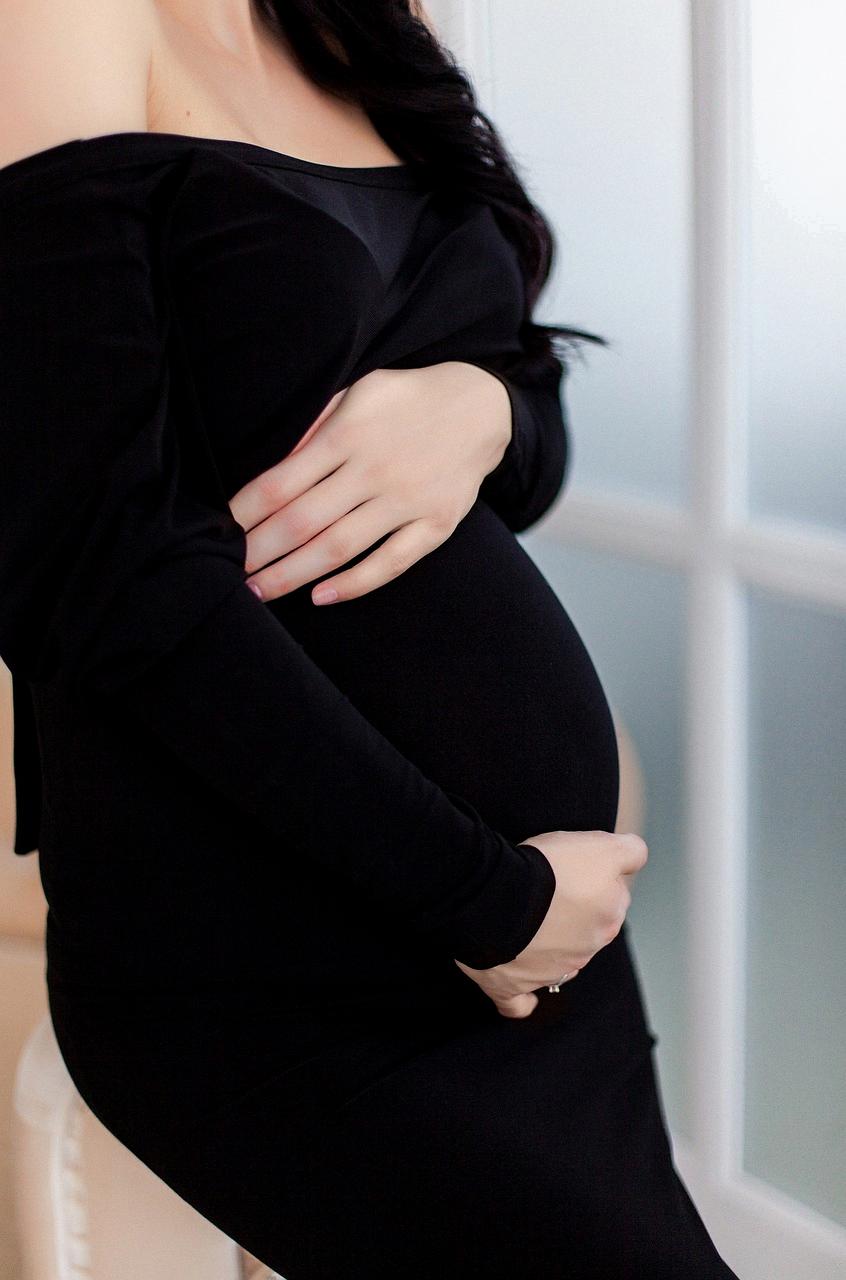Experiencing back pain during pregnancy is a common occurrence for many expectant mothers, and it can be especially pronounced during the third trimester. While back pain can occur on either side, left back pain in particular can cause discomfort and concern. Understanding the reasons behind why your left back may hurt during the third trimester can help you better manage and alleviate this discomfort.
1. Ligament Stretching and Softening
As your body prepares for childbirth, the ligaments in your pelvic region naturally become softer and more flexible. This increased flexibility can lead to strain on the joints of your lower back and pelvis, resulting in left back pain.
2. Shift in Center of Gravity
As your baby grows and your belly expands in the third trimester, your center of gravity shifts forward. This shift can place additional stress on your back muscles, particularly on the left side, leading to discomfort and pain.
3. Postural Changes
Due to the changes in your body’s structure and weight distribution during pregnancy, you may unknowingly adapt your posture to compensate. This altered posture can contribute to left back pain as certain muscles are overworked or strained.
4. Compression of Nerves
As your uterus expands in the third trimester, it can put pressure on the nerves in your back, including those on the left side. This compression of nerves can result in sharp or shooting pains in your left back region.
5. Hormonal Changes
Pregnancy hormones such as relaxin are released to loosen ligaments in the pelvis to facilitate childbirth. However, these hormonal changes can also affect other joints and muscles, potentially leading to left back pain as the surrounding tissues become more relaxed.
6. Increased Weight Gain
During the third trimester, you may experience a significant increase in weight as your baby continues to grow. This added weight can place strain on your back muscles, especially on the left side, causing discomfort and soreness.
7. Lack of Proper Support
Insufficient back support while sitting or standing for prolonged periods can exacerbate left back pain during pregnancy. Investing in supportive pillows or cushions tailored to your changing body can help alleviate this discomfort.
8. Muscle Weakness or Imbalance
As your body undergoes physical changes during pregnancy, certain muscles may become weaker or imbalanced. This can lead to overcompensation by other muscles, potentially resulting in left back pain as the workload is unevenly distributed.
9. Stress and Tension
The physical and emotional stress of pregnancy can manifest as muscle tension in various parts of the body, including the back. Elevated stress levels can contribute to left back pain during the third trimester, making it important to practice relaxation techniques.
10. Previous Injuries or Predispositions
If you have a history of back injuries or existing back conditions, such as scoliosis, these factors can influence the severity of left back pain during pregnancy. Consulting with a healthcare provider can help address any underlying issues and provide targeted relief.
11. Reduced Flexibility
As your pregnancy progresses, you may notice a decrease in flexibility and mobility due to the changes in your body. This reduced flexibility can contribute to left back pain, as your muscles may not be able to adapt as easily to the growing demands placed on them.
12. Seeking Professional Advice
If you are experiencing persistent or severe left back pain during the third trimester, it is essential to consult with your healthcare provider. They can evaluate your specific situation, provide tailored recommendations, and ensure that any underlying issues are addressed to promote a more comfortable pregnancy experience.

